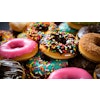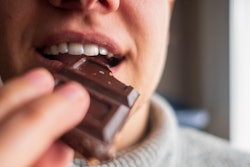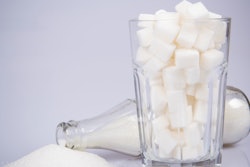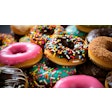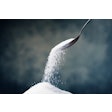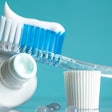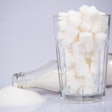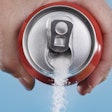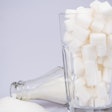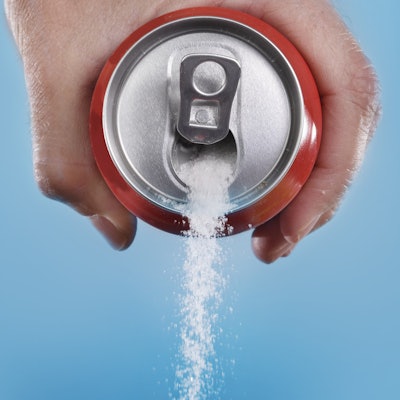
Which type of sugary drink causes the greatest amount of dental erosion to baby teeth? Researchers soaked 52 extracted molars in flavored milk, orange juice, and Pepsi for four weeks to find out. They shared their results in an article published on September 6 in the Pediatric Dental Journal.
In the study, 52 human extracted deciduous molars were subjected to erosion by cyclic immersion for a 28-day protocol. The teeth were cycled in four solutions: artificial saliva, strawberry-flavored milk, orange juice, and Pepsi.
Researchers assessed the enamel surface microhardness (SMH) and surface topography using a scanning electron microscope at baseline and at two and four weeks of the study. Not all solutions were equal when it came to erosion.
"Carbonated soft drink (Pepsi) and orange juice showed high erosive potentiality affecting the enamel surface of deciduous teeth while the milk-based beverage showed no difference from the artificial saliva," wrote the study authors, led by Abla Arafa, PhD, of Misr International University in Egypt.
Researchers also learned that the erosion evolved over time. At week two, the Pepsi group had the lowest SMH followed by orange juice, strawberry-flavored milk, and artificial saliva. By week four, the differences in SMH of the Pepsi and orange juice groups yielded significantly lower values compared to strawberry-flavored milk and artificial saliva. Pepsi and orange juice also had the highest acidity by week four.
Although there was no significant difference in erosion between Pepsi and orange juice in SMH, carbonated beverages are known for their erosive effects on tooth enamel. In the present study, Pepsi had the lowest pH among the four groups, but it also contains phosphoric and citric acids as ingredients, unlike fruit-based beverages, which contain mainly citric acid.
"Phosphoric acid is found to have a strong ability to induce etching of surface enamel while citric acid tends to bind and mobilize calcium content from tooth structure, hence encouraging mineral loss," Arafa and colleagues wrote.
Perhaps surprisingly, the sugar-sweetened strawberry-flavored milk group revealed no difference in enamel softening from the artificial saliva group. This finding may be attributed to multiple factors, including the effects of casein proteins to inhibit dissolution and elevate pH at the enamel surface thereby limiting softening of the tooth structure.
Additionally, milk-based beverages contain higher concentrations of calcium and phosphate ions, which may prohibit erosion. However, because of the added sugar content, flavored milk-based beverages pose an increased risk to people of developing caries and are not recommended for frequent consumption.
Dental erosion is a widely recognized, irreversible problem affecting a majority of children and adults throughout the world. Tooth erosion can lead to dental hypersensitivity, poor aesthetics, loss of the occlusal vertical dimension, trouble eating, pulp exposure, and abscess formation.
If it is not controlled, the person may suffer from severe tooth loss, tooth sensitivity, and, eventually, the risk of dental abscesses of the affected teeth. Early diagnosis, professional intervention, and diet modification can prevent injuries from extending to permanent teeth.
In addition to the risk of dental erosion, frequent consumption of sugary juices and carbonated soft drinks may increase the risk of dental caries, especially in children. Therefore, "increased carbonated soft drinks consumption by children and adolescents should be highly discouraged," wrote the study authors.



